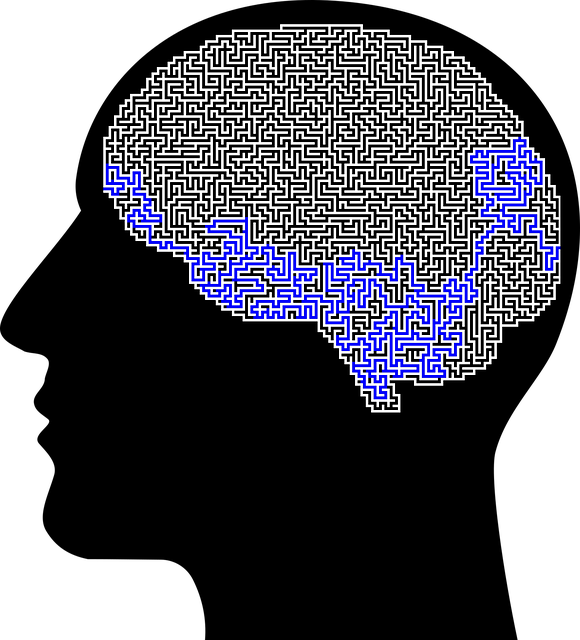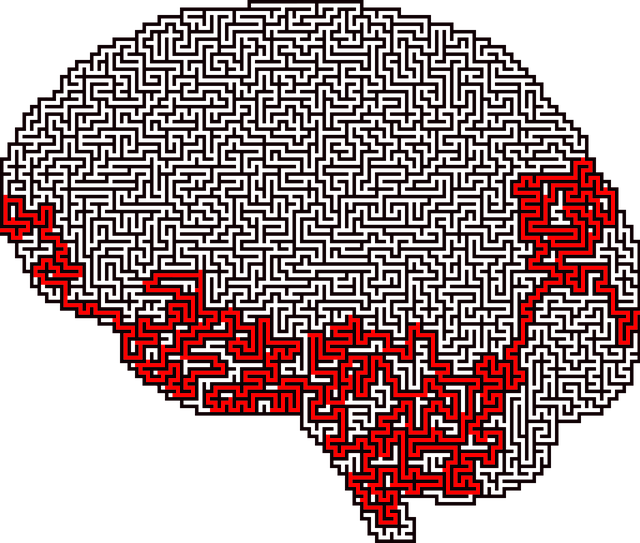Westminster Panic Disorder (WPD), characterized by unexpected anxiety attacks, presents diagnostic challenges due to symptoms mimicking physical conditions like heart disease. Accurate diagnosis requires comprehensive assessments. Effective WPD management through tailored therapy integrates positive thinking, stress management, and conflict resolution strategies, aiming to improve individuals' quality of life. Innovative approaches, including CBT, mindfulness practices, advanced questionnaires, standardized interviews, and digital health platforms, enhance diagnostic accuracy for WPD and anxiety attacks, paving the way for personalized, effective therapy.
Mental illness diagnosis accuracy, particularly for conditions like Westminster Panic Disorder, is a critical area of focus in healthcare. This article explores the intricate challenges associated with diagnosing anxiety disorders, delving into the unique symptoms of Westminster Panic Disorder that often lead to misdiagnosis. We also highlight innovative therapy approaches designed to effectively manage anxiety attacks, and examine current diagnostic strategies while offering insights into future directions to enhance accuracy. Key keywords: Westminster Panic Disorder and Anxiety Attacks Therapy.
- Understanding Westminster Panic Disorder: Symptoms and Challenges in Diagnosis
- Innovative Therapy Approaches for Effective Anxiety Attack Management
- Enhancing Diagnostic Accuracy: A Comprehensive Look at Current Strategies and Future Directions
Understanding Westminster Panic Disorder: Symptoms and Challenges in Diagnosis

Westminster Panic Disorder (WPD) is a condition characterized by recurrent and unexpected anxiety attacks that significantly impact daily life. The disorder, named after its initial identification in the UK, presents unique challenges in diagnosis due to the varied nature of symptoms. Individuals experiencing WPD may suffer from severe fear, palpitations, sweating, dizziness, and a sense of impending doom during episodes. These symptoms can be easily mistaken for other conditions, such as heart disease or even a panic attack itself, leading to misdiagnosis or delayed treatment.
Accurate diagnosis often requires a comprehensive assessment that includes detailed patient history, physical examinations, and psychological evaluations. Mental health professionals must consider the frequency, intensity, and duration of anxiety attacks, as well as their impact on functional abilities. Incorporating techniques like positive thinking, stress management, and conflict resolution strategies into therapy has shown promise in helping individuals with WPD manage symptoms effectively.
Innovative Therapy Approaches for Effective Anxiety Attack Management

In the quest to improve mental illness diagnosis accuracy, innovative therapy approaches are gaining traction, particularly in managing anxiety attacks. One such promising method is the integration of Westminster Panic Disorder and Anxiety Attacks Therapy, tailored to address the unique needs of individuals experiencing panic disorder symptoms. This approach not only focuses on symptom reduction but also empowers patients with effective coping strategies, such as conflict resolution techniques, which have been proven to be highly beneficial in mitigating anxiety-related episodes.
The therapy emphasizes a holistic view, incorporating elements of cognitive behavioral therapy (CBT) and mindfulness practices. By teaching individuals how to recognize and manage triggers, as well as implement risk management planning for mental health professionals, this innovative therapy aims to prevent depression and enhance overall well-being. Through these advanced techniques, patients gain valuable tools to navigate and overcome anxiety attacks, leading to improved quality of life and greater diagnostic accuracy in the process.
Enhancing Diagnostic Accuracy: A Comprehensive Look at Current Strategies and Future Directions

In recent years, there has been a significant push to enhance the accuracy of mental illness diagnoses, particularly focusing on conditions like Westminster Panic Disorder and Anxiety Attacks. This effort is driven by the growing recognition that precise identification is crucial for effective treatment. Current strategies employ advanced assessment tools, such as sophisticated questionnaires and standardized interviews, designed to capture subtle nuances in symptoms. Mental wellness coaching programs development has also played a pivotal role, equipping professionals with enhanced skills in mood management and diagnostic clarity.
Looking ahead, future directions in this realm include integrating artificial intelligence (AI) for more objective analyses of patient data and leveraging digital health platforms to facilitate continuous monitoring. These innovations promise to not only improve diagnostic accuracy but also personalize treatment plans, ultimately enhancing mental wellness outcomes. By combining traditional methods with cutting-edge technologies, the goal is to ensure that individuals suffering from conditions like Westminster Panic Disorder receive timely, accurate diagnoses and access to appropriate therapy.
In efforts to enhance mental illness diagnosis accuracy, particularly focusing on Westminster Panic Disorder and anxiety attacks therapy, the exploration of innovative strategies is paramount. By delving into comprehensive diagnostic tools and embracing cutting-edge therapeutic approaches, such as those discussed in this article, we can significantly improve care outcomes for individuals grappling with these challenges. Continued research and collaboration among professionals are key to refining diagnosis methods and ensuring effective treatment plans for those suffering from panic disorder and related anxiety attacks.














